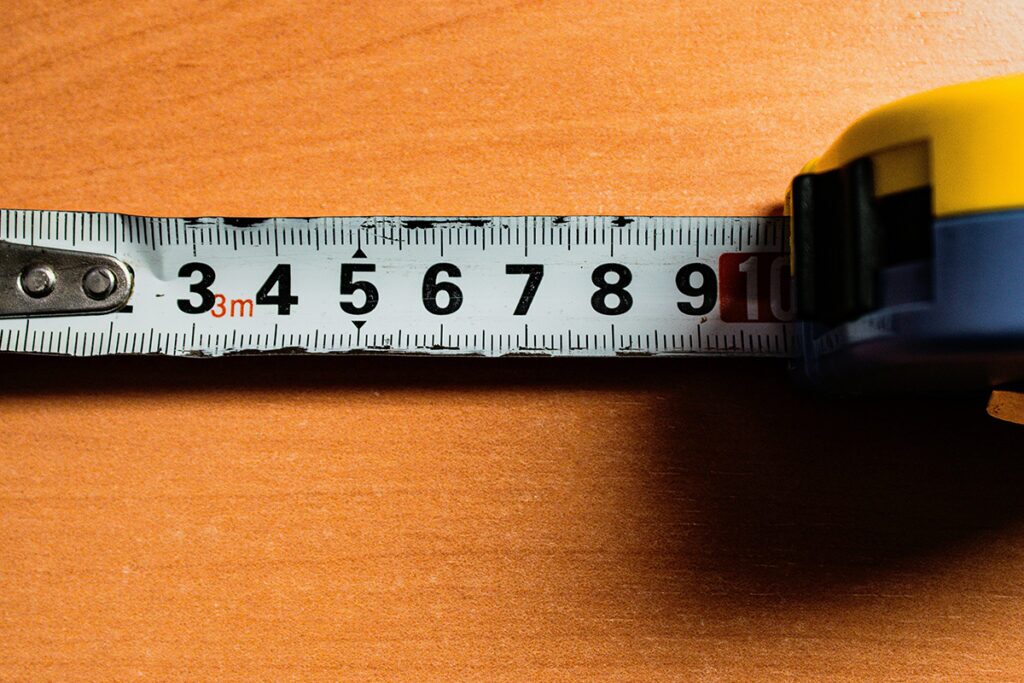The retail sector normally thrives during the lead up to the holidays, but slowing employment growth this season puts that thriving status in doubt. Instead of making the usual holiday employment gains, the retail sector actually lost employees this year.
In November – the month of Black Friday and the busiest retail days of the year – the sector lost 29,900 jobs. From September to November, the sector lost 62,400 jobs – nothing like the 122,200 gained in 2021. 2022 has been a very different year.
The reason for this logic-contrasting drop of employment in what is supposed to be the busiest season of the year? Retail sales fell by 0.6% in November. Evidently, consumers responded to inflationary pressures last month and trimmed their spending.
Even the best sales of the year could not lure consumers to up their spending in this period of high inflation and rapidly rising interest rates. Spending in typical holiday hotspots like clothing and department stores fell by 0.2% and 2.9%, respectively. Other retailers popular during the holidays, like electronics and appliance stores, saw large declines in spending as well.
Beyond these surprising holiday losses, food and drinking places and grocery stores actually saw sales rise by 0.9% and 0.8%, respectively.
Up to this point, there have been few signs indicating a consumer worried about price increases. Spending has continued to grow (though it was buoyed by remarkable savings). Now, they may finally be feeling the budgetary belt tighten after nearly a year living with this inflationary environment.
Retailers were smart to pull back on hiring instead of going full steam ahead this season – the biggest spending month turned out to be a bust, and would have left them with an excess of unnecessary workers. For more information on the seasonal hiring bust of 2022, download our Retail Labor Market Snapshot.







